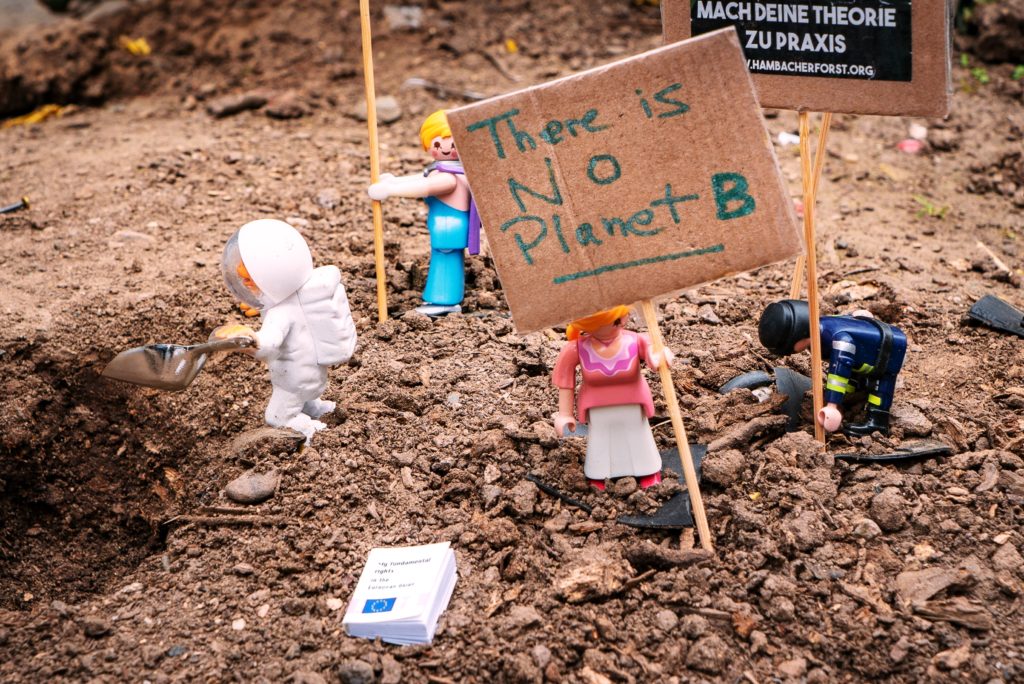
The coaching marketplace has grown significantly over the past 15 or so years that I’ve been in it. Not least in the diversity of the coaching offerings out there. Perhaps one defining principle that all have in common, though, is that coaching is about change. Yet despite this, could coaching professionals themselves have a tendency to sit on the fence?
Strongly influenced by client-centred, Rogerian principles, many coaching schools teach a non-directive, developmental approach where it is the client who sets the agenda and finds their own answers. It is the coach’s job to create a non-judgemental space of courageous enquiry that liberates potential and allows new and brilliant thinking to emerge.
I’ve been thinking a lot about this recently in the context of the global climate crisis. Over the past few years I’ve been trying to make change in my personal habits; I no longer have a car, I refuse work involving air travel, I am largely vegan, I’ve changed my bank and my energy providers and I buy my groceries and household goods from ethical stores. Is it acceptable, then, that I put my personal convictions and sense of responsibility to the planet aside each time a client walks into my office? Have I been playing my own part in creating the problems we now face by supporting business leaders to grow without considering the wider impact of their growth? Is the non-directive coaching profession actually unwittingly colluding with ignorance and contributing to the lack of action?
Research into vertical stages of leadership development (see my previous article) suggests that only leaders who have reached integrated post-conventional levels of conscious development (“Strategists”) have the capacity to lead the kind of systemic transformation we need to address the climate crisis. Traditional developmental coaching focuses at a level below this – on understanding ourselves and others and the liberal ideal of freedom of choice. I wonder if we, as coaches, have got a little stuck at this “Catalyst” level – both with our clients and in ourselves? Maybe we coaches need to start thinking about ourselves, and not just our clients, as ‘leaders?’ Maybe we need to lift our aspirations, look wider and have courage in our convictions to bring about change in the world?
I have more questions about my own practice than I have answers. And this is OK – a characteristic of higher stage leadership is the capacity to lean comfortably in to uncertainty and chaos. Do I turn down work with an organisation whose track record for ethical / responsible business is less than ideal? Or do I accept it as an opportunity to effect change? When it comes to environmental issues, do I share my knowledge and opinion for information, or direct the coaching conversation to influence?
For now, in my practice, this is what I commit to;
- Openly sharing what I care about in speaking with prospective clients, in chemistry meetings and in my contracting processes.
- Actively working to lift my clients’ aspirations by asking ‘bigger’ questions; about purpose, about legacy, about service to a wider ‘stakeholder’ group – including the planet.
- Continuing to debate, raise my own awareness, examine my own practice, share what I’m doing.
- Signing this open letter to the coaching community and committing to being part of the change
What will you do?
